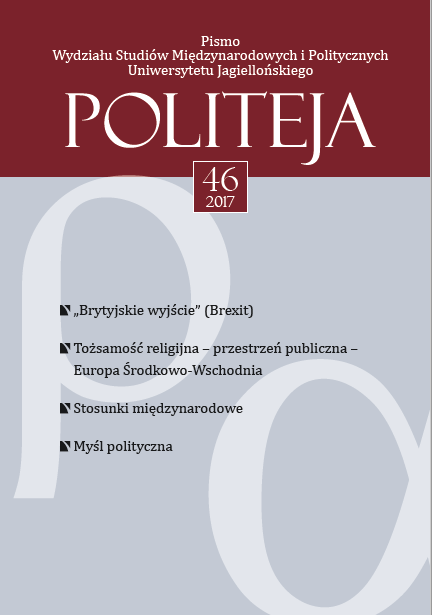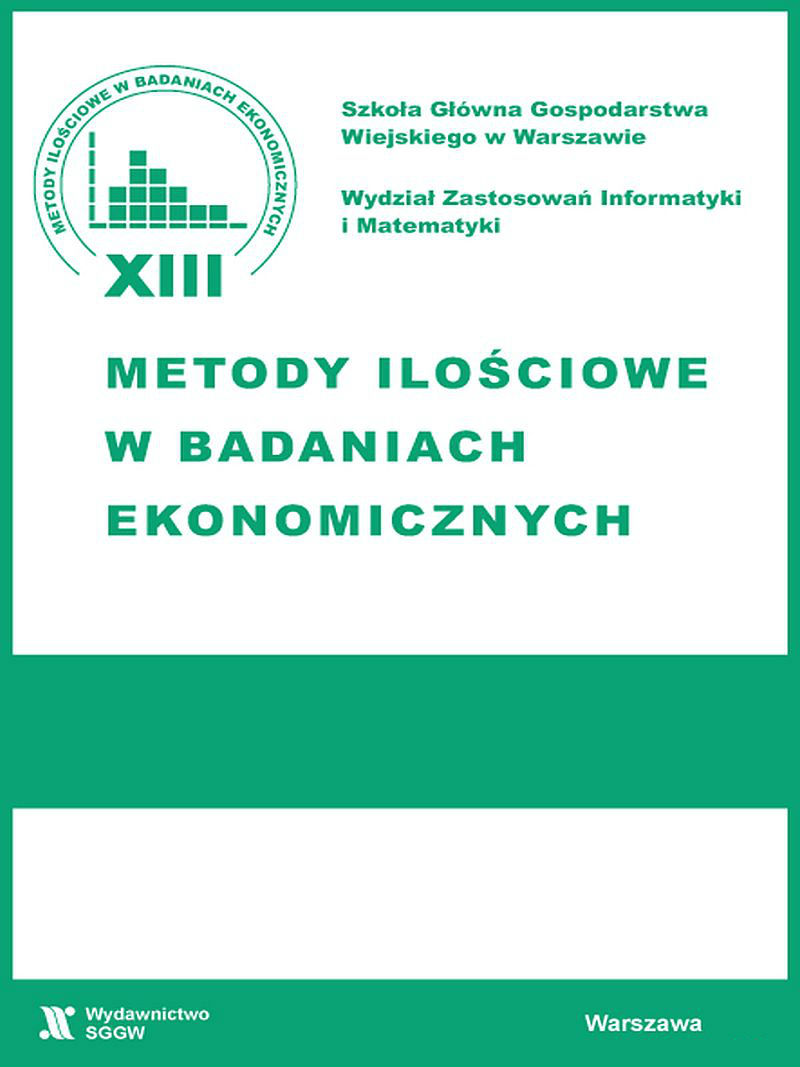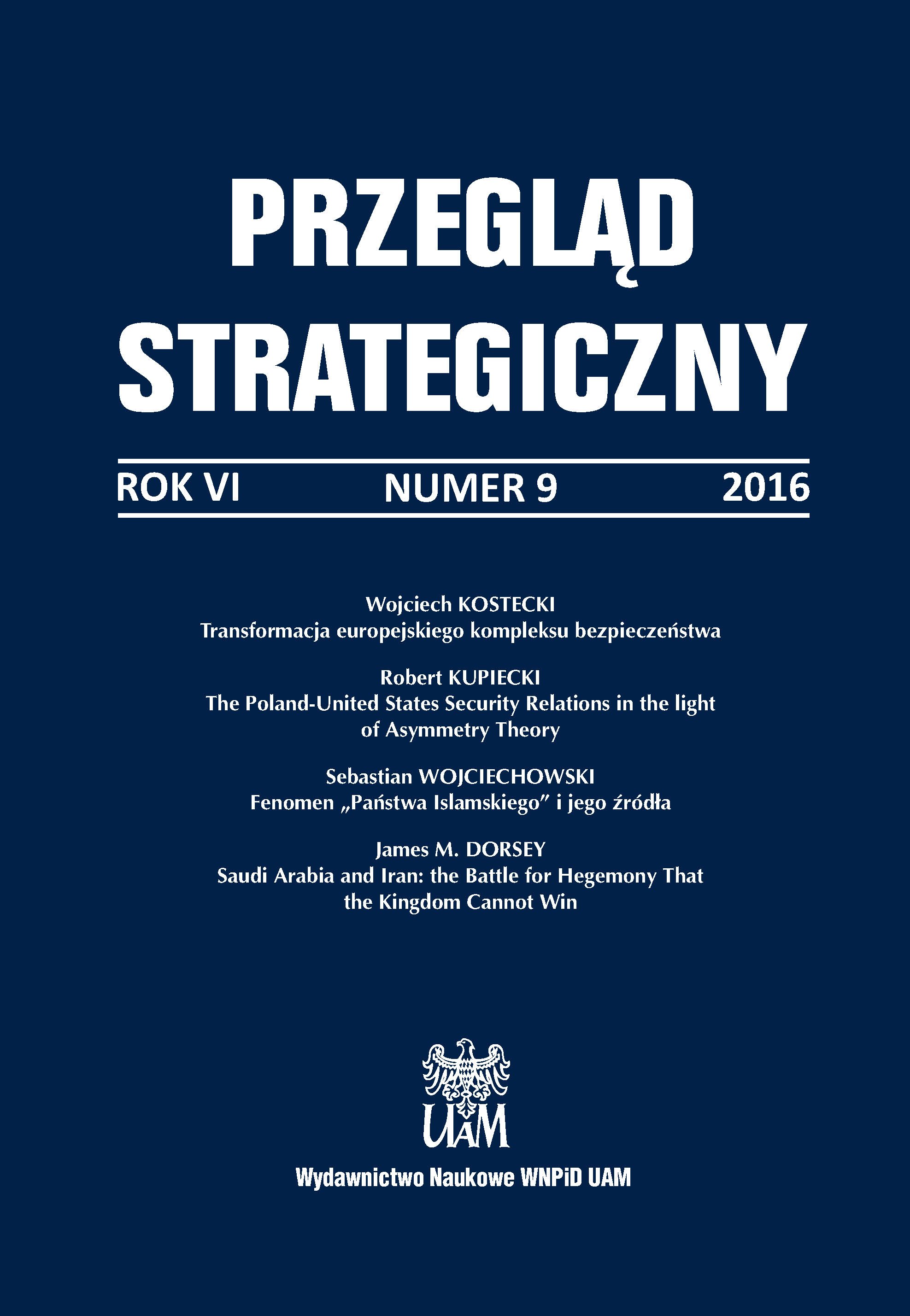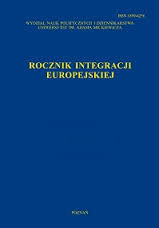
Kwestia migracji w kampanii referendalnej dotyczącej brytyjskiego członkostwa w Unii Europejskiej
The aim of the paper is to analyse the significance of the issue of migration in the context of the Brexit referendum campaign. The analysis would focus on government documents and political parties’ campaign materials, referring also to the public debate. The statistical data concerning migration and its perception in the British society would also be presented. The article covers the institutional context of the decision to hold the referendum, the referendum campaign including the government documents and the campaign materials presented by the Vote Leave, and the data on social trends and public opinion polls referring to migration and the referendum.
More...


